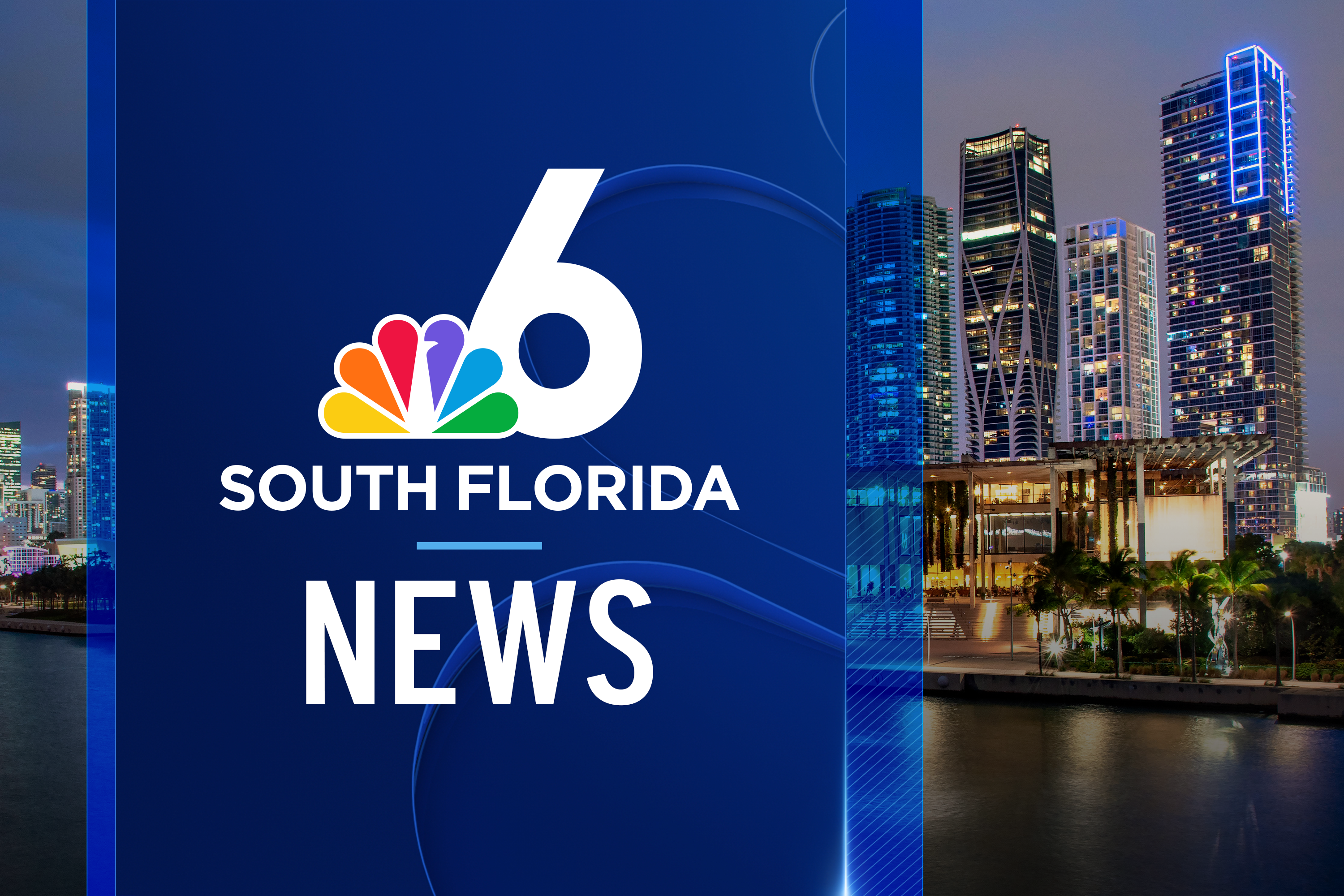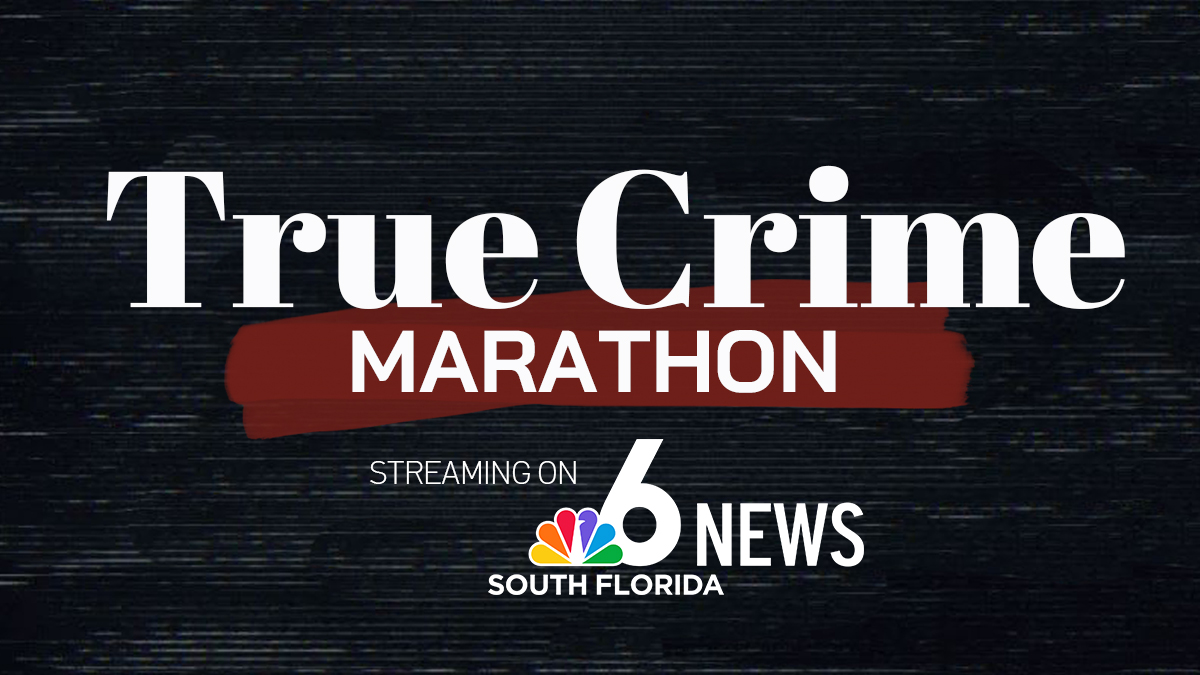Millions of email addresses and names may be in the hands of hackers, and that means millions of people are at risk of being targetted in a "phishing scam."
Some corporations affected by the major data breach include Walgreens, Ti-Vo, HSN, Capital One, Citigroup, JP Morgan Chase, Best Buy, Disney, and Kroger Co. Hackers stole from Epsilon, an online marketing company, which sends out billions of emails a year for its clients. The major corporations affected by the data breach have sent out emails to its customers warning them of a "phishing attack," in which a cybercriminal sends a link to a seemingly legitimate website that asks users to input personal information such as account passwords or social security numbers.
Dr. Gurvirender Tejay, Assistant Professor of information security at Nova Southeastern University, says these kinds of security breaches should not happen.
"They have not been careful," he said. "I'd say a lack of corporate social responsibility among other things. We do have technical understanding and the knowledge to make this digital environment safe for everyone. But when it comes to profits, organizations are going to skip a few things."

So what does this all mean for consumers? Dr. Tejay says no matter how legitimate an email may appear from a supposed bank or other company, never click on the link provided.
"The moment you enter it, it's actually their database, and they're capturing all your information."
He adds vigilance is key.
Local
"if anybody wants to target you, they will. If anybody wants to hack you, they will. You can't do anything about it."



